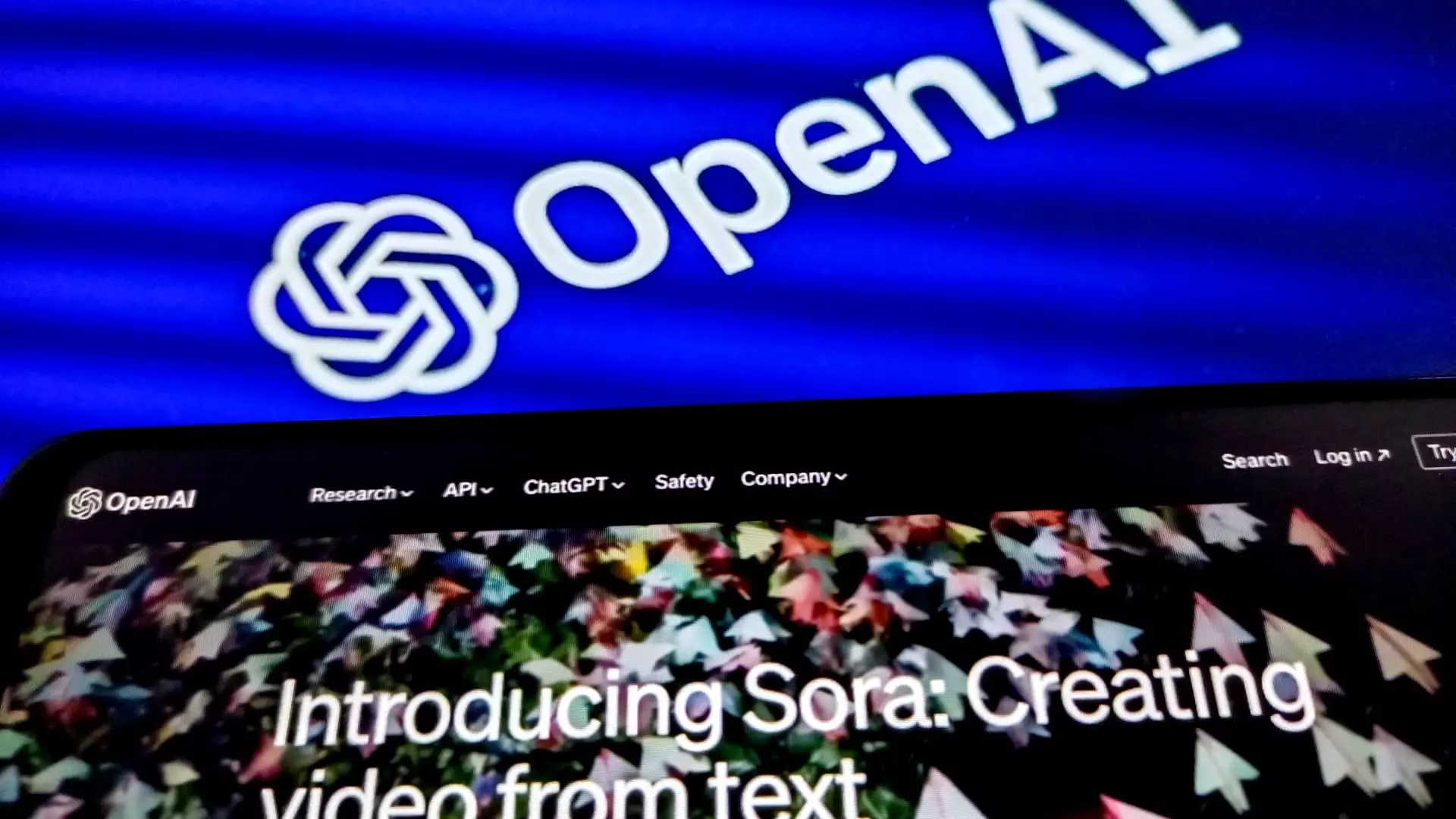The global financial terrain is witnessing a transformative shift, particularly in the realm of artificial intelligence (AI). A rising tide of investment is surging from Middle Eastern sovereign wealth funds, particularly those originating in oil-rich nations like Saudi Arabia, the United Arab Emirates (UAE), Kuwait, and Qatar. This powerful influx of capital is not merely a reactionary measure but rather a strategic endeavor to diversify economic portfolios and meet the growing technological demands of the 21st century.
Historically, these Gulf states have built their wealth primarily through oil. However, recent fluctuations in energy prices and a global push towards sustainable developments have prompted these nations to reconsider their economic strategies. The pressing need to mitigate dependence on hydrocarbons has led to broader investment horizons, with technology—particularly AI—emerging as the prime focus for many of these sovereign funds. According to research from PitchBook, investments in AI by Middle-Eastern sovereigns have skyrocketed, showcasing a fivefold increase over the past year alone. This monumental shift signifies a broader recognition of the importance of innovation in ensuring long-term economic stability.
The Saudi Public Investment Fund (PIF), boasting assets of approximately $925 billion, exemplifies this investment strategy. Under Crown Prince Mohammed bin Salman’s “Vision 2030” initiative, the fund has aggressively pursued investments not only in technology but also in varied sectors ranging from ride-sharing to sports. Emirates’ Mubadala, with its $302 billion assets, similarly plays a pivotal role in supporting AI initiatives, including notable participation in recent funding rounds for leading AI entities. The establishment of dedicated AI funds, such as the Saudi Company for Artificial Intelligence (SCAI), underscores the commitment of these nations to positioning themselves at the forefront of technological innovation.
The MGX fund, a recent entrant from the UAE, further marks this trend by actively seeking to participate in significant fundraises, such as the latest round for OpenAI that could valuate the company at $150 billion. These substantial investments place Middle Eastern sovereign funds in a prime position to rival traditional venture capitalists, many of whom may lack the capacity to match the scale of these financial commitments.
The story of AI funding is not limited to the Middle East. Notably, countries like France and Singapore have also made significant strides in tech investments. The involvement of French sovereign fund Bpifrance in 161 AI-related deals and Singapore’s various funds collectively participating in 71 deals highlights a global urgency to embrace and capitalize on AI’s potential. This broad spectrum of investments raises questions regarding the influence of so much pledged capital in Silicon Valley, with some investing experts recalling the so-called “SoftBank effect.”
The reference pertains to the exorbitant valuations driven by large funding rounds from investors like SoftBank, which often lead companies to overestimate their worth, triggering market corrections, as witnessed in the dramatic downfall of WeWork. This wave of funding initiated by foreign sovereign funds, especially from the Middle East, compels Silicon Valley stakeholders to heed potential repercussions on valuations and company stability, as they seek to balance the allure of substantial capital against the risks of inflated market expectations.
While the investments by Middle Eastern sovereign funds could bolster the American tech ecosystem, concerns surrounding ethical and geopolitical implications remain prevalent. The Saudi kingdom’s historical human rights violations and the world’s response to notable incidents have raised alarms among Western partners. For example, the international outcry following the killing of journalist Jamal Khashoggi has led to apprehension about engaging in partnerships with Saudi entities.
Notwithstanding, experts like Jared Cohen from Goldman Sachs argue that the U.S. must view these investments through a strategic lens. The penchant for capital from nations like Saudi Arabia and the UAE can serve as a counterweight to investments in rival global powers, particularly China.
Middle Eastern sovereign wealth funds are not just passive players in the burgeoning AI sector; they are fast becoming critical influencers reshaping the investment landscape. As they continue their trend of aggressive financial support towards AI initiatives, their role will be pivotal in determining the trajectory of both technology and global economic dynamics in the forthcoming years. While significant challenges persist—both ethical and operational—the overarching trend reflects a critical juncture for the future of investment in artificial intelligence and innovation as a whole. Only time will reveal the full implications of this emerging financial partnership between the East and West.


Leave a Reply